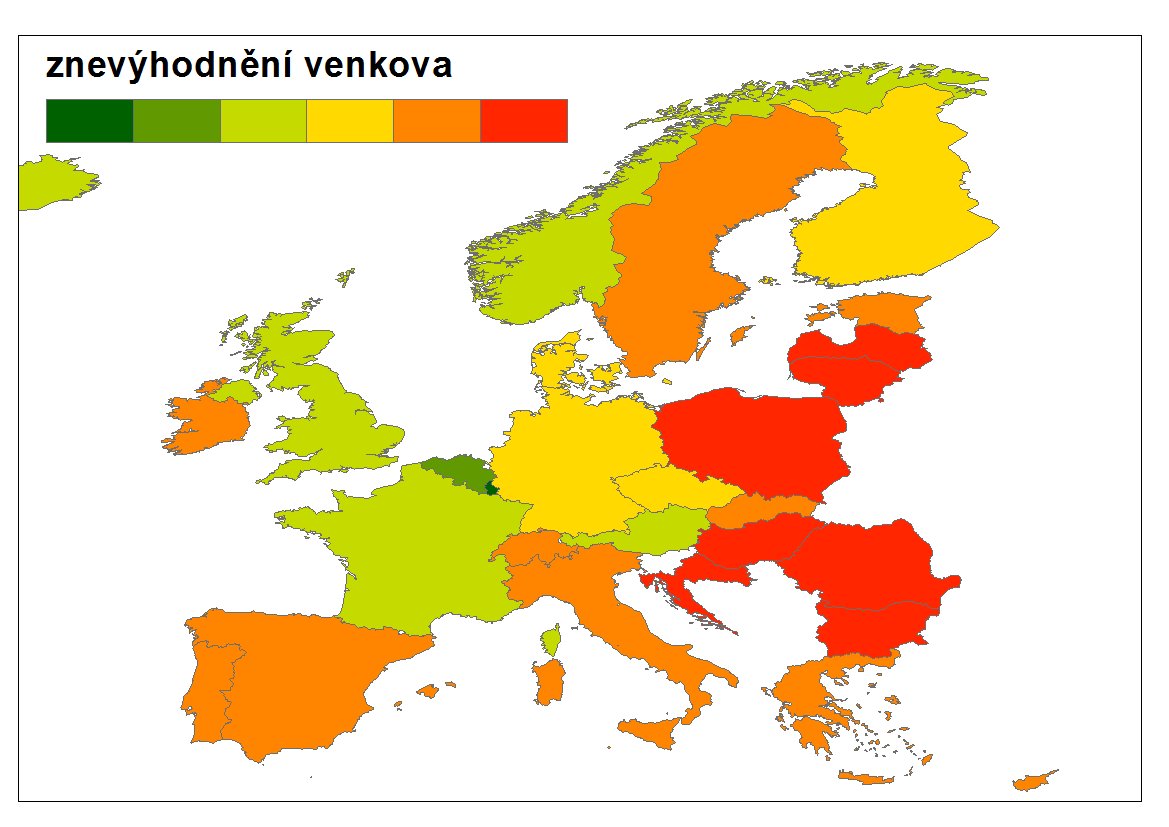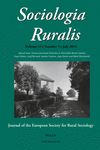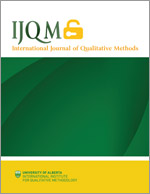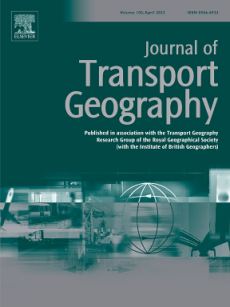Project Duration: 2018 - 2020
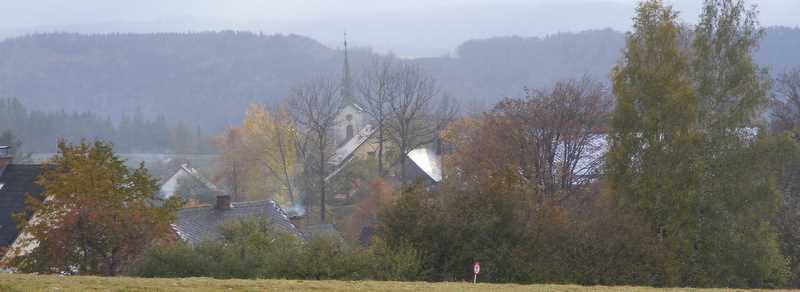
The general objective of this project is to investigate the multifaceted interrelations between social disadvantage, opportunity structures, and individual agency in rural peripheries in eastern Germany and Czechia in a comparative perspective. The project offers an innovative research focus on peripheral rural areas in three ways by directing (1) comparative attention at (2) various forms of social disadvantage in dynamically restructuring peripheral rural areas of two post-socialist societies in Central Europe, Czechia and the eastern part of Germany, by (3) focusing on three particularly disadvantaged social groups.
Empirical research has shown that social disadvantage in rural areas, manifested by poverty and deprivation, is far more typical for Central and Eastern European post-socialist transformation societies than for the western parts of Europe (Shucksmith et al. 2009 Spoor 2013). A cross-national research in two post-socialist societies would enable us to gain deeper insights in more general mechanisms of social disadvantage in rural areas and the role of local and regional opportunity structures in two countries, which despite common historical legacies undergo partly different peripheralisation processes. A comparison between Czechia and eastern Germany promises specific insights in similar and different outcomes of the post-socialist transition, rural restructuring and the commodification of rurality.
Principal Investigator:
Members of the project team:
Co-investigators outside the institute:
- Dr. Annett Steinführer
- Dr. Stefan Neumeier
- PD Dr. Andreas Klärner
Topics:
Migration and Mobility, Regions, Social Inequalities
Contracting authority:
International Project
Department:
Related Publications
Poverty and Social Exclusion in Diversified Rural Contexts
2019, Bernard, Josef, Contzen, Sandra, Decker, Anja, Shucksmith, Mark
The Mobility Interview: Triangulating Interview and GPS Data to Explore the Role of Mobility in Everyday Life
2024, van Dülmen, Christoph, Šimon, Martin, Bischof, Susann, et al.
Transport Poverty Meets Car Dependency: A GPS Tracking Study of Socially Disadvantaged Groups in European Rural Peripheries
2022, van Dülmen, Christoph, Šimon, Martin, Klärner, Andreas
Two faces of peripherality: labour markets, poverty, and population dynamics in Hungary and Czechia
2018, Tagai, Gergely, Bernard, Josef, Šimon, Martin, Koós, Bálint
